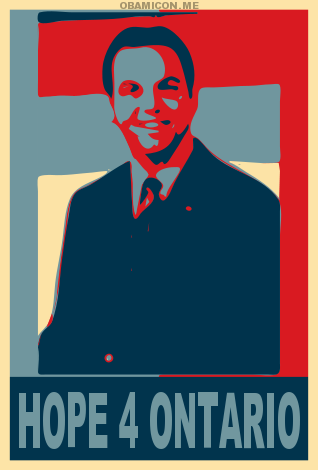I always got the feeling that periodic bouts of cost cutting in the long term help governments by functioning as a sort of diet. Ideally governments would just do what they are tasked to do as efficiently as possible all the time and there would never be a need for such a diet. In reality though good times tend to just see spending rise with little thought for efficiencies. So, in absence of a self improving bureaucracy, even seemingly catastrophic periods can be beneficial for the public in the long term.
I forget the person's name, but a researcher at SFU actually looked at Mike Harris' impact on Ontario's welfare program in particular and found notable benefits of the CSR. I don't want to butcher his research from memory, but the general theme was that during Rae's government welfare had outgrown it's nominal goal of helping the poor through temporary job disturbances into a long term dependency program. The welfare trap. The CSR had the effect of improving the welfare system's performance by encouraging claimants to rejoin the workforce rather than remain on welfare.
A neat example off the top of my head would be the Canadian Forces. Probably the poster child of government services being grossly underfunded, I would go so far as to say this has had upsides for the organization itself. Clearly, the CF has avoided most of the boneheaded defense acquisition white elephants that plague well funded groups like the US or French armies. They don't even have the choice of buying the infamous 600$ toilet seats. Maybe this austerity is a little long term, but I would be comfortable in stating that the CF is in some ways more efficient because of it.





